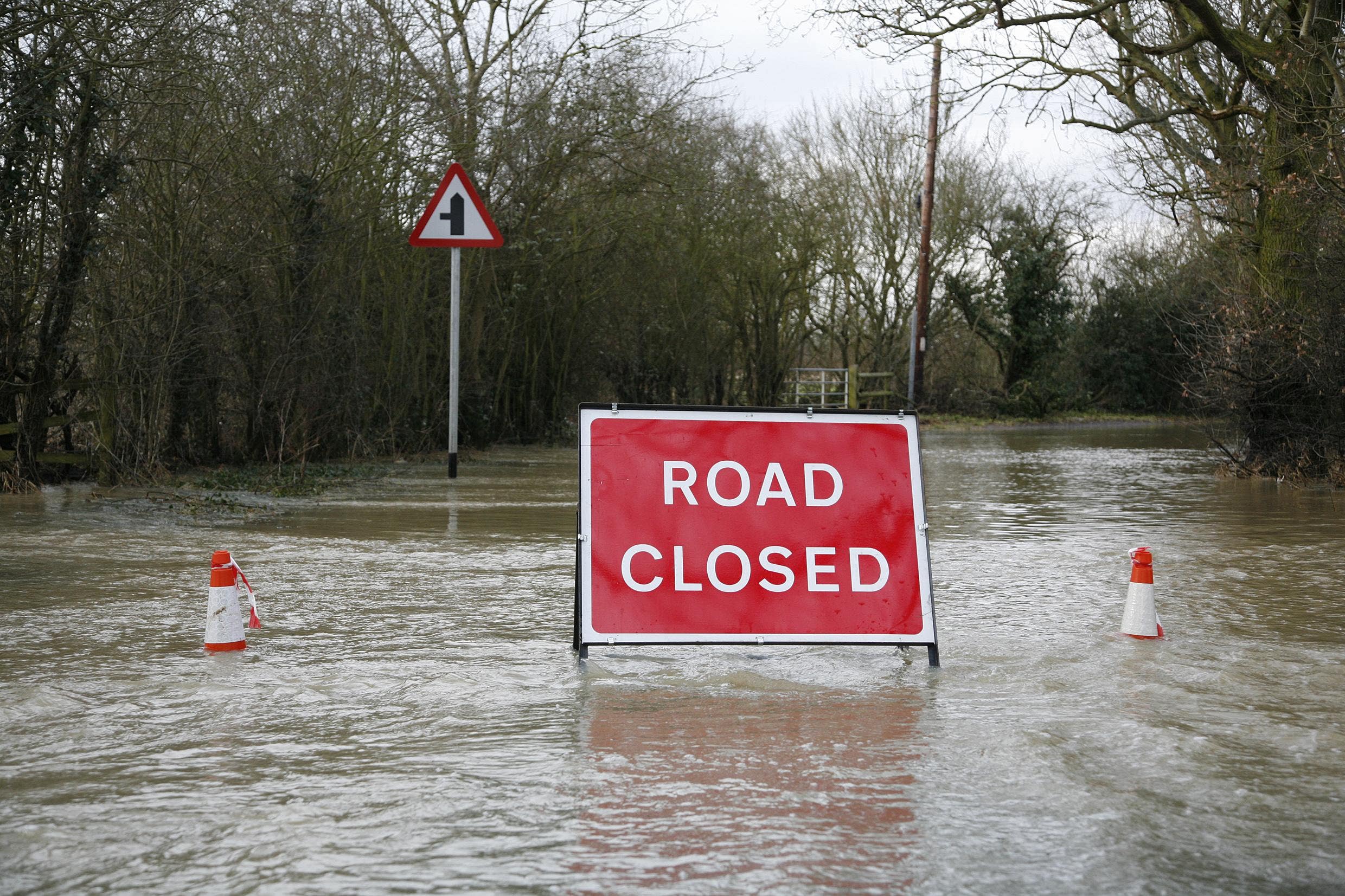Consider delaying travel in amber weather warning area – police
The Met Office has issued weather warnings for Scotland.

Your support helps us to tell the story
From reproductive rights to climate change to Big Tech, The Independent is on the ground when the story is developing. Whether it's investigating the financials of Elon Musk's pro-Trump PAC or producing our latest documentary, 'The A Word', which shines a light on the American women fighting for reproductive rights, we know how important it is to parse out the facts from the messaging.
At such a critical moment in US history, we need reporters on the ground. Your donation allows us to keep sending journalists to speak to both sides of the story.
The Independent is trusted by Americans across the entire political spectrum. And unlike many other quality news outlets, we choose not to lock Americans out of our reporting and analysis with paywalls. We believe quality journalism should be available to everyone, paid for by those who can afford it.
Your support makes all the difference.People are being urged to consider delaying travel plans as an amber weather warning of heavy rain has been issued for part of Scotland on Friday.
The Met Office alert, which covers Dumfries and Galloway and the Scottish Borders, warns 40-50mm of rain is expected quite widely and fast-flowing or deep floodwater is likely, causing danger to life.
The alert is valid from 3am until midday on Friday and also warns of the potential for difficult driving conditions and delays or cancellations to train and bus services.
Police Scotland said there is a high risk of disruption and urged people to plan ahead and drive to the conditions if they have to travel.
The Scottish Government said the Multi-Agency Response Team will monitor conditions throughout the amber warning period.
Superintendent Stewart Mackie, of Police Scotland’s Road Policing Division, said: “An amber weather warning has been issued for heavy rainfall and flooding across southern Scotland, and people should consider delaying any travel plans until conditions improve.
“If your journey is essential, please plan ahead by making sure you have sufficient fuel and supplies in your vehicle, a charged mobile telephone and always drive as the conditions allow.
“Be aware road closures and travel delays are likely, with potential disruption to public transport services.
The Met Office said the deadly bomb cyclone that sent temperatures plunging in the US is now causing wet and windy weather in the UK.
The forecaster has updated its yellow weather warning for heavy rain in Scotland on Friday, with it now running from midnight on Thursday rather than 3am on Friday and expiring at 2pm rather than 6pm on December 30.
The warning covers central Scotland, Tayside and Fife, south west Scotland, Lothian and Borders and Strathclyde.
And a yellow warning of rain has been issued for Northern Ireland, valid from midnight on Thursday until 10am on Friday.
A yellow warning of snow and ice covers northern Scotland, apart from Orkney and Shetland, from midnight on Thursday until 9pm on Friday.
The Scottish Government said the Transport Scotland Resilience Room will be activated at the National Control Centre to monitor impacts.
Scottish transport minister Jenny Gilruth said: “The Met Office is warning us to expect a period of difficult weather in parts of southern Scotland on Friday, with heavy rain likely to impact travel in the amber warning area.
“The conditions could potentially bring disruption to the transport network, so it’s important people plan their journeys before they set off – particularly if they’re looking to use the trunk roads or travel by rail.”
Met Office meteorologist Simon Partridge said: “The UK weather is going to remain unsettled with further spells of wet and windy weather due to the strengthening of the jet stream because of the weather in the US.
“The effect it’s having on the UK is nowhere near as dramatic because that system has brought up a lot of cold air further south, across the US.
“Indeed, the cyclone is only having an effect on the UK due to its impact on the North Atlantic jet stream.
“What effect (the bomb cyclone) has had is to strengthen the jet stream, because the jet stream is basically driven by temperature differences.
“So the starker the difference in temperature between the northern edge of it and southern edge, the stronger the jet stream becomes.”
He said the knock-on effect for the UK is spells of wet and windy weather over the next seven to 10 days.